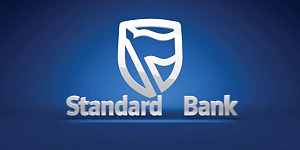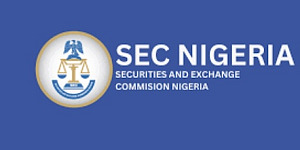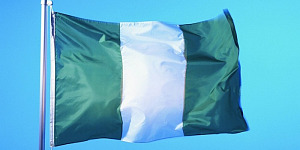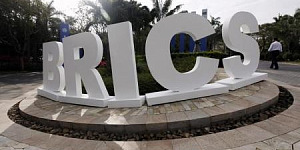Credit rating agency, Standard and Poor’s (S&P) has assigned ‘B’ issue ratings to Nigeria’s proposed Eurobonds, even as the Finance Minister, Mrs Kemi Adeosun, announced yesterday that the country will soon meet investors before the bond sale and also seek a loan from the World Bank when the National Assembly approves this year’s budget.
Bloomberg quoted Adeosun as saying : “We are about to embark on the roadshow” for the dollar bond. She however, did not give details. She and Vice President Yemi Osinbajo previously said they want to raise $1 billion in what would be Nigeria’s first Eurobond since 2013. The government hired Citigroup Inc. and Standard Chartered Bank Plc to organise the roadshow in the U.S. and London from February 3, according to a person familiar with the matter.
The notes and the World Bank loan will help plug a fiscal deficit forecast by the government to be N2.36 trillion ($7.5 billion) this year, Adeosun said separately to reporters.
President Muhammadu Buhari presented a record N7.3 trillion spending plan to lawmakers last December in a bid to stimulate an economy experiencing its worst downturn in more than two decades thanks to oil prices crashing since 2014 and investors fleeing the country. Gross domestic product probably shrank 1.5 per cent in 2016, marking the first full-year recession since 1991, according to the International Monetary Fund (IMF).
While Nigeria sought about $4.5 billion of external funding last year, it only managed to borrow $600 million from the African Development Bank (AfDB), which will be used for power generation, roads, railways and ports.
The government has struggled to obtain more financing as foreign investors and the IMF have criticized its currency policies, which they say have left the naira overvalued and led to a severe shortage of the foreignexchange businesses need to import raw materials and equipment.
The naira trades around 315 per dollar on the official interbank market and fell to a record 500 on the black market this week as the dollar scarcity worsens. The yield on Nigeria’s $500 million Eurobond due in July 2023 snapped six days of increases to decline by 1 basis point, to 6.89 percent, by 8:41 a.m. in London.








































